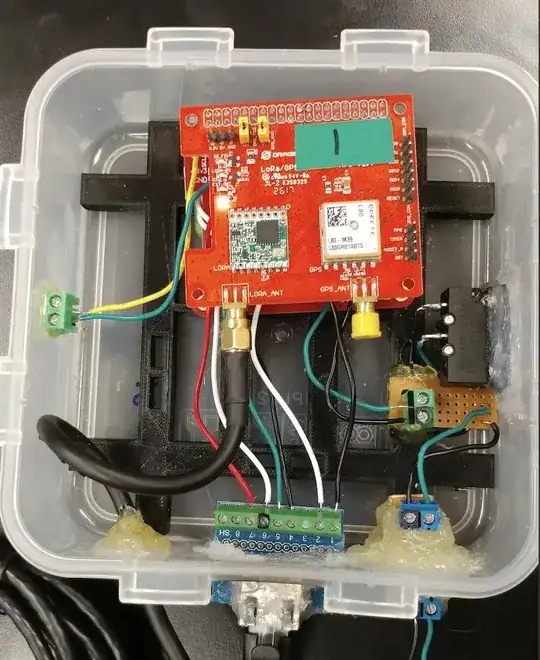Background
I'm a student working on research project to develop a remote wireless sensor network of data loggers. Each data logger (aka node) is going to be retrofitted to a bird feeder that reads the RFID tag of any bird that visits that feeder. Every read is going to be sent via our LoRa network to a gateway and eventually stored in a database.
Question Context
Our pi's are going to run off of battery, meaning, we need to conserve as much power as possible. Since the birds we are researching (chickadees) mainly feed during the day we do not need to run the pi at night. Our goal is to only run the pi during the day. We considered using a photoresistor but would prefer to use something more reliable. We need the pi to turn on at least an hour before daylight to catch early feeders and we don't want the photoresistor to get covered by the snow (we get a lot of snow!). right now our best option seems to be setting up some type of separate circuit between the pi and the battery using a combination of the following: RTC, Microcontroller (looking at the Adafruit Trinkit), Solid State Relay, or some kind of Timer IC. I have absolutely zero experience with managing power or using RTC's, SSR's, or Timer IC's and am having trouble finding a viable solution to our problem.
Lastly, it is important that we are able to shut down the pi safely! We cannot just cut the power because that will damage the SD card.
I understand this is a pretty specific question but if anyone has encountered a similar problem before or has some potential ideas I would really appreciate any help I can get! Thanks!
Tech Specs
Our nodes are currently equipped with:
- Raspberry pi zero W
- Dragino LoRa Module
- RFID sensor
- Weight sensor
- DC-DC converter
- 15Ah lead acid battery
